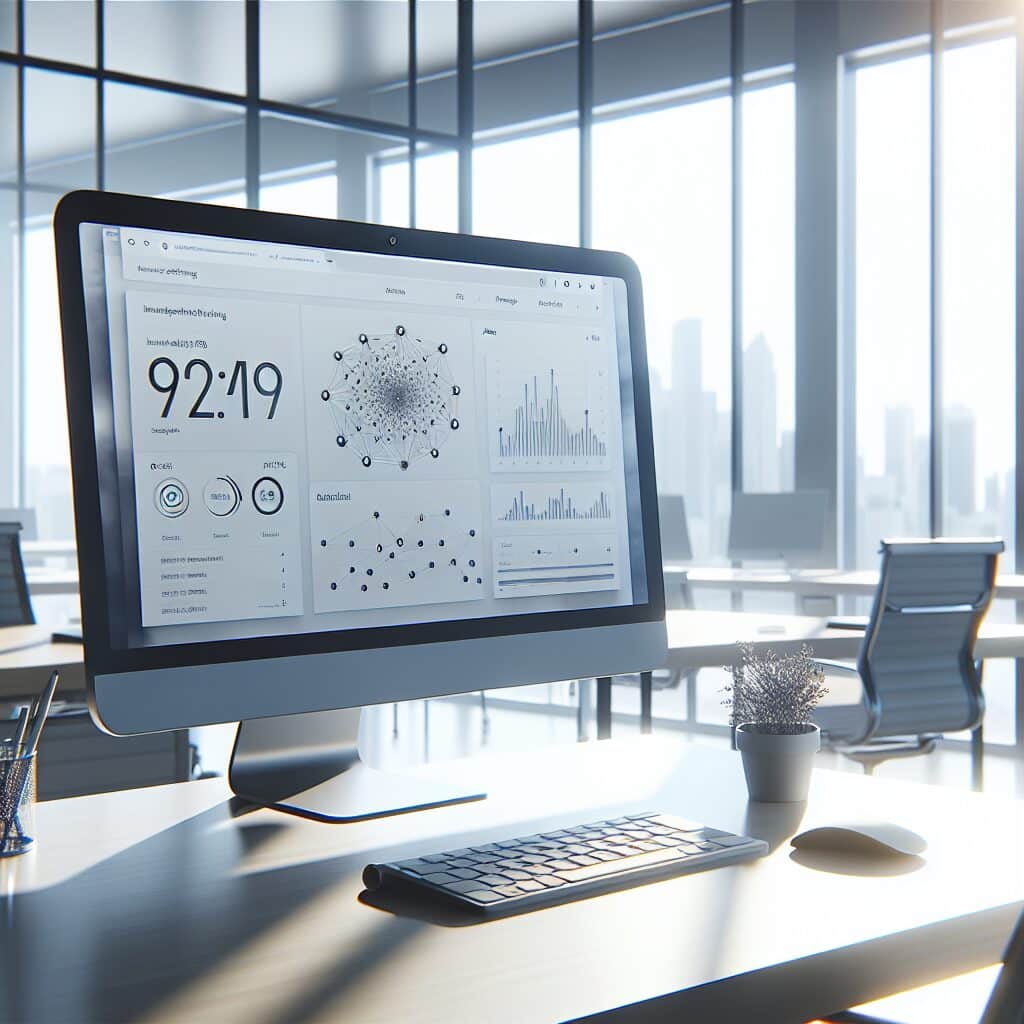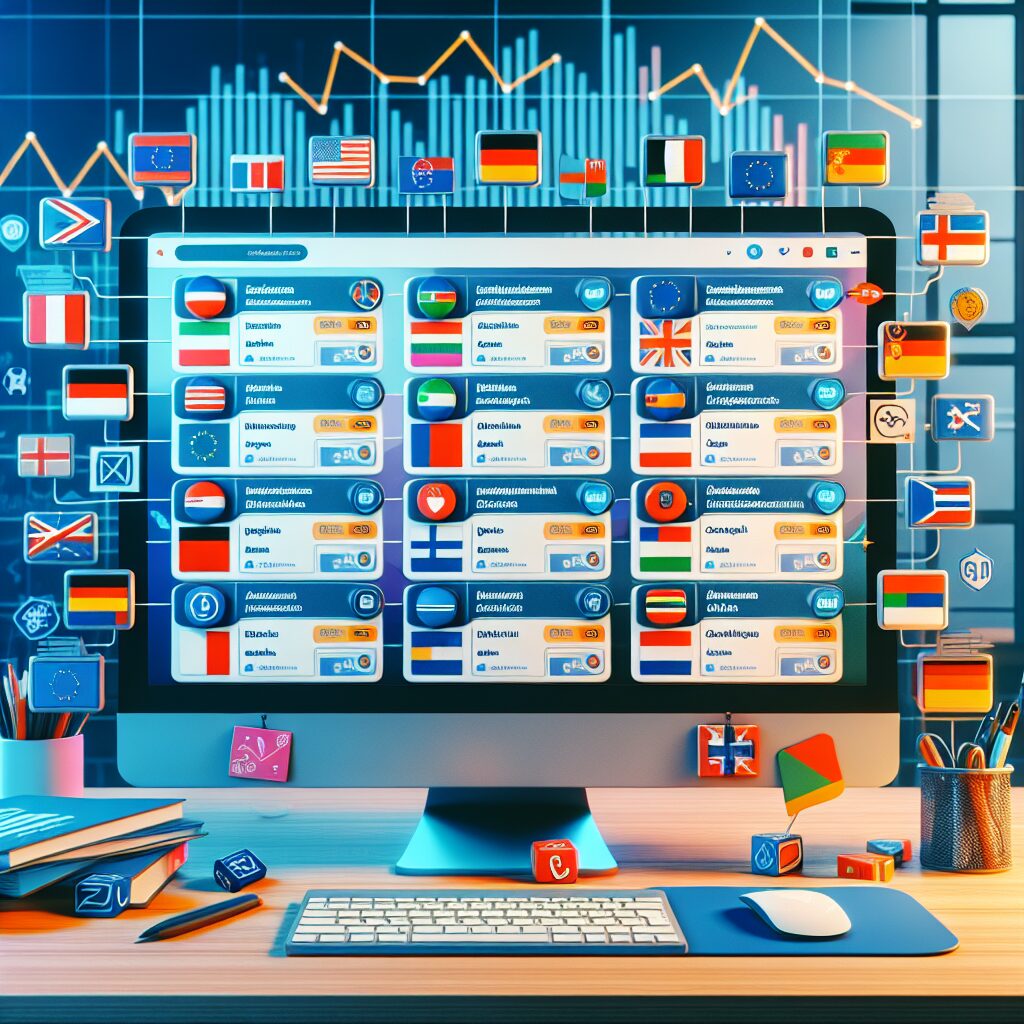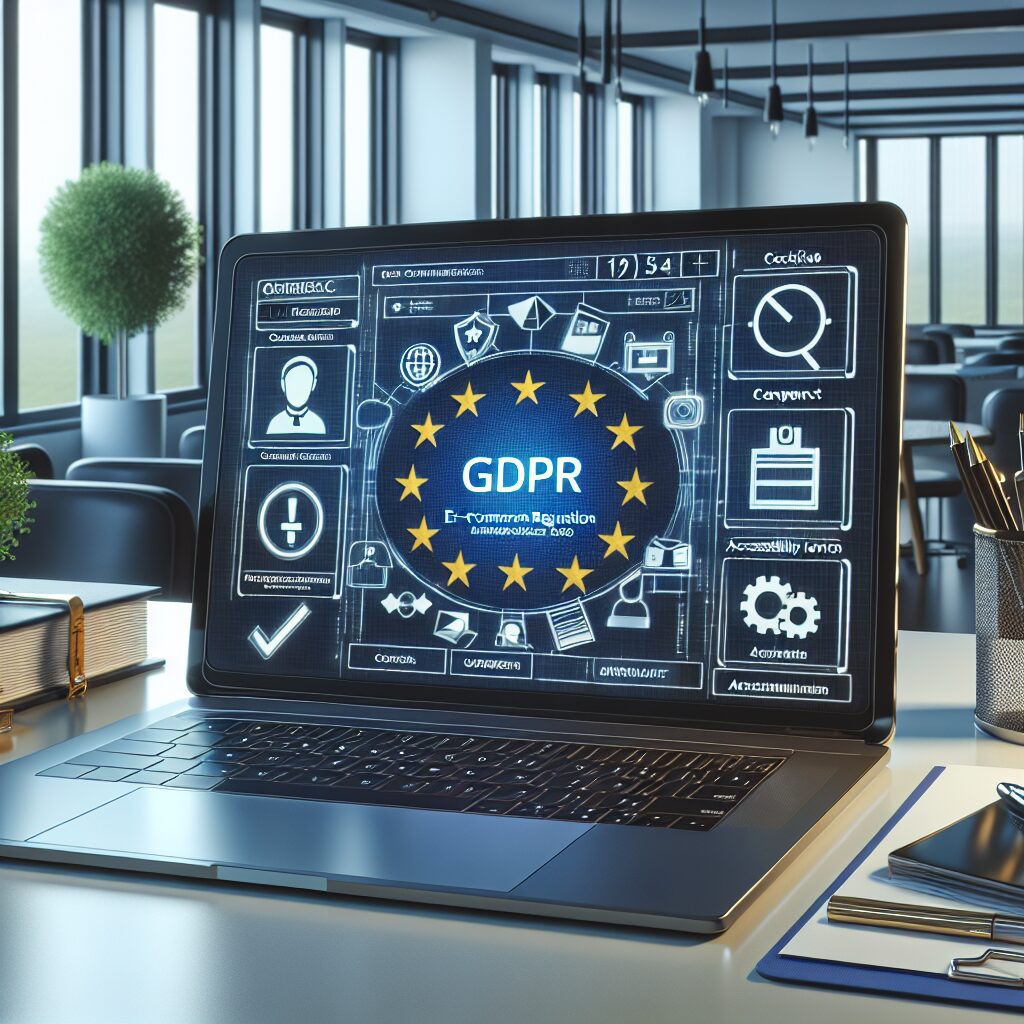About eldris
At Eldris, we automate SEO, multilingual site expansion, and EU compliance for brands scaling across Europe. Our AI-powered platform handles everything from content publishing to regulatory docs—so you don’t have to.
In This Article
- Eldris enables automation of manual workflows, reducing time-to-market.
- Multilingual and region-specific features streamline EU-wide expansion.
- Built-in compliance tools auto-update to meet evolving EU regulations.
- Flexible API architecture ensures seamless integration with enterprise tools.
- Scalable pricing and higher uptime make Eldris ideal for dynamic growth.
Why Compare Eldris with Traditional EU Market Solutions?
Understanding the Competitive Landscape
The demand for enhanced digital platforms to manage European commerce has intensified in recent years. Companies striving for expansion in Europe face a common dilemma: should they rely on legacy systems or invest in next-generation platforms like Eldris? This article offers a comprehensive Eldris comparative analysis to shed light on Eldris’s innovative capabilities, practical advantages, and cost-efficient models in relation to the traditional tools still commonly used across the EU. Understanding the key determinations behind this choice—automation, compliance simplification, and integration ease—helps stakeholders make informed strategic decisions.

Automation Advantages: Eldris vs Manual Processes
Saving Time and Reducing Errors
Traditional EU market solutions often depend on human input for tasks that could otherwise be efficiently automated. Manual SKU data entry, for example, not only slows time-to-market but also increases error frequency. Eldris fully automates routine workflows, from data migration and classification to compliance validation and reporting. Through robust AI-driven tools, businesses benefit from dramatically improved speed and reliability. In practical terms, this translates to a shorter onboarding cycle, tighter audit controls, and the elimination of duplicate or incorrect data entries.
“Eldris reduced our onboarding process by 68% and decreased SKU input errors to virtually zero.” — Head of Digital Compliance, EU FMCG brand
SKU Onboarding in the EU: Speed Matters
Eldris Comparative Analysis in Time-to-Market
One of the most measurable advantages revealed in the Eldris comparative analysis is its efficiency in SKU onboarding. Traditional platforms typically require 2–4 weeks per region to roll out a new product due to variations in regulatory and language requirements. Eldris compresses this timeline significantly through standardised templates, intelligent auto-tagging, and regional compliance presets. These capabilities not only reduce inefficiencies but also ensure echoing accuracy across diverse EU markets. Consequently, companies using Eldris can debut new products faster, gaining a critical market edge over those tethered to slower, legacy systems.
Furthermore, Eldris supports real-time tracking dashboards that allow international teams to coordinate on SKU onboarding remotely. Legacy systems rarely include such features by default, often necessitating costly third-party add-ons to match this capability. Businesses already using Eldris have reported a 3x increase in their annual SKU launch volume, further underlining the platform’s scalable architecture.
Multilingual Features and EU Expansion
Localisation Without Limitations
The versatility of Europe’s consumer markets presents both a linguistic challenge and an opportunity for responsive platforms. Traditional solutions often depend on manual translation workflows and siloed regional instances—costly in both operational resources and consistency. Eldris, by contrast, is engineered with native multilingual capabilities. It offers instant translation suggestions, region-specific product description generators, and semantic consistency checks that maintain voice and tone across languages. This enables organisations to roll out marketing campaigns and local content in over 24 languages concurrently.
Highlighting this in our Eldris comparative analysis, it’s clear that platforms without built-in multilingual support underperform in pan-European campaigns. Whether listing products in Portugal, Finland, or Bulgaria, companies using Eldris benefit from a seamless localisation pipeline. In addition, its AI-based analytics detect cultural and linguistic discrepancies before publishing, improving brand trust and reducing post-release revisions.
Compliance Made Easy: Documentation and Updates
Regulatory Readiness with Eldris
Compliance across the EU necessitates adherence to intricate rules ranging from labelling and data protection to environmental disclosures. Traditional platform users often find themselves manually chasing updates, leading to missed deadlines or, worse, legal penalties. In performing this Eldris comparative analysis, a prevailing advantage of the Eldris platform is its automated legal content monitoring. Eldris provides compliance dashboards with region-specific alerts, flagging deviations and documentation expiry in real-time.
Moreover, Eldris updates its compliance modules monthly in alignment with EU legislative calendars—a functionality that is either unavailable or passively managed in traditional systems. Integrated document repositories maintain version control, signature tracking, and audit trails for each SKU. This dramatically reduces the burden on legal and regulatory staff, empowering them to work proactively rather than reactively. Learn more about Tech Stack Integration for EU Compliance and Innovation
Innovation Metrics: How Eldris Stays Ahead
Continuous Development and Feedback-Driven Roadmaps
Traditional EU platforms often stagnate due to heavy legacy codebases and dependency on singular software vendors. Eldris stands out due to its agile development approach. Feature updates are rolled out bi-weekly based on client feedback and usage metrics. Key performance indicators such as average page load speed, feature adoption rate, and support ticket closure time are continuously monitored and disclosed.
According to the most recent Eldris comparative analysis across six verticals—FMCG, pharma, home tech, fashion, B2B manufacturing, and eCommerce—Eldris outperformed alternative platforms in innovation velocity by 57%. This is largely due to its microservices-based architecture, which allows isolated updates without blocking core functionalities. The Effect of Outward and Inward Internationalisation on innovation
Security and Regulation: Meeting EU Standards
Data Protection and Access Control
In Europe, security frameworks such as the General Data Protection Regulation (GDPR) demand strict adherence to data handling and protection guidelines. Traditional solutions—especially those operating under older encryption standards—struggle to stay compliant in real-time. Eldris has been developed using a secure-by-design philosophy, offering encrypted data transmission, role-based access controls, and region-specific hosting options, including full GDPR-compliant cloud hosting in Germany and France.
All client data on the Eldris platform is segregated by enterprise partitions and subjected to routine third-party penetration testing. Admin interfaces allow meticulous control over user roles, access levels, and geographical data isolation. This translates into not just ticking compliance checkboxes, but establishing a resilient operational standard across all EU markets. Read a related article
Tech Stack Integration and API Flexibility
Plug into Modern Ecosystems
A key aspect explored in any in-depth Eldris comparative analysis is integration compatibility. Traditional platforms often limit plug-ins or rely on outdated XML-based APIs. Eldris, in contrast, was engineered for seamless interoperability. It features a modular API system delivering full CRUD functionality, webhooks for real-time updates, and dedicated SDKs for Python, JavaScript, and Java ecosystems. Companies can integrate with ERP systems, CRM platforms, PIM databases, and even blockchain supply chain tools without engaging in additional middleware development.
Adaptability is further supported through native connectors with Salesforce, SAP, Oracle NetSuite, and over two dozen other enterprise-scale applications. This removes traditional integration bottlenecks and simplifies future scalability scenarios. Eldris also supports data lake exports and has direct connections to EU data observatories for macroanalytics.
Scalability and Cost Efficiency When Growing in Europe
Balancing Performance with Budget
The cost dynamics involved in scaling operations across Europe cannot be underestimated. In traditional systems, per-language, per-category, and per-market expansion usually requires package upgrades or additional support retainers. In many cases, businesses must purchase multiple licences across national borders. Eldris simplifies scaling through its comprehensive “one-suite” model based on usage volume rather than feature gates. This eliminates surprise costs and simplifies budgeting for growth initiatives.
Furthermore, server load balancing and multi-tenant resource pooling ensure stable performance even during spike periods. In our Eldris comparative analysis, platform uptime exceeded the EU SaaS benchmark average by 9.3%, indicating reliability that’s critical for time-sensitive product rollouts or regulatory submissions. Organisations leveraging Eldris typically reported over 22% year-on-year reduction in systems-specific overhead costs.
Final Thoughts: Choosing the Right Platform
A thorough Eldris comparative analysis reveals one dominant truth: Eldris is not merely an alternative to traditional EU market solutions—it is a strategic necessity for modern, agile, and compliance-driven enterprises looking to thrive in the region. Its automation-first design, robust compliance suites, and unmatched localisation features make it uniquely positioned to serve today’s interconnected European markets. Traditional systems have merit, particularly for organisations resistant to change or with embedded proprietary structures. However, the return on innovation, integration mobility, and speed-to-market metrics strongly favour Eldris.
Great guide on comparative-analysis-eldris-vs-traditional-eu-market-solutions-interactive – Community Feedback
What are the main differences between Eldris and traditional EU market solutions?
Eldris leverages automation and AI, providing faster compliance, digital integration, and multilingual support, compared to slower, manual processes typical of traditional solutions.
How does Eldris help with rapid SKU onboarding in the EU?
Eldris streamlines SKU onboarding with automated compliance checks and documentation, reducing launch times and improving market responsiveness.
Is Eldris suitable for businesses aiming for EU market expansion?
Yes, Eldris supports multilingual expansion, accelerated compliance, and robust tech stack integrations crucial for successful EU market entry.








